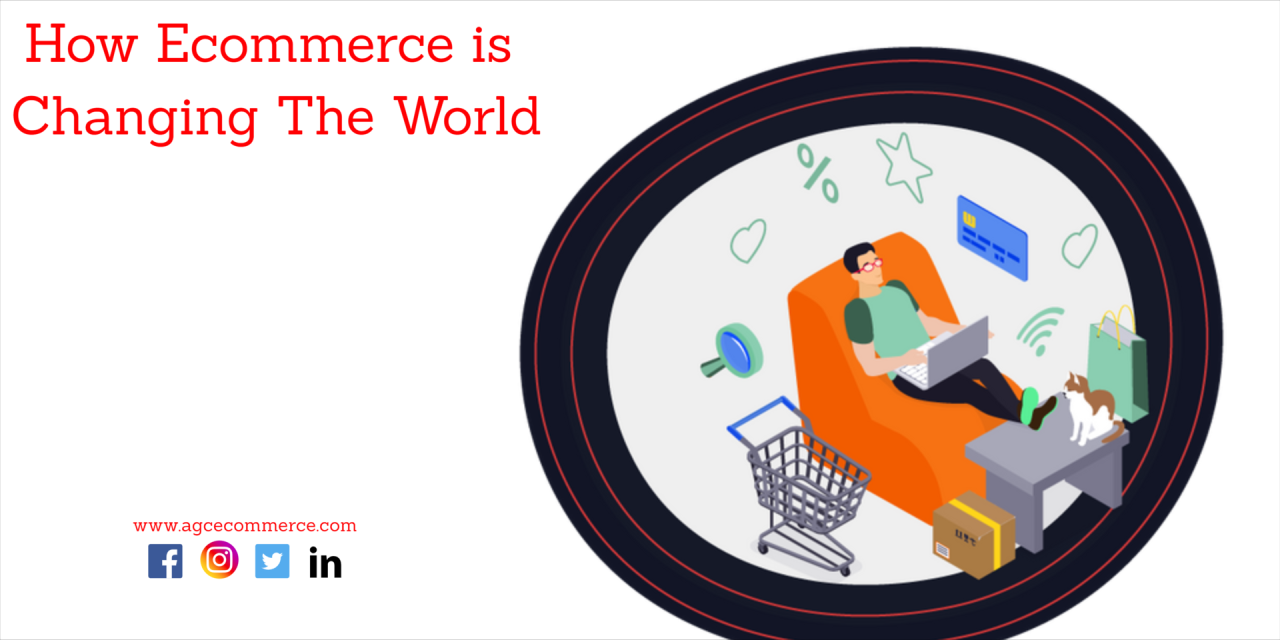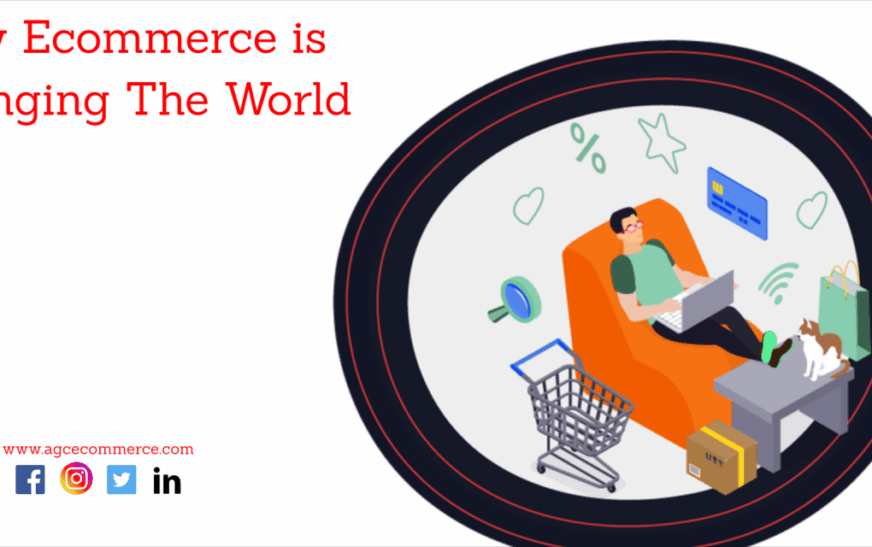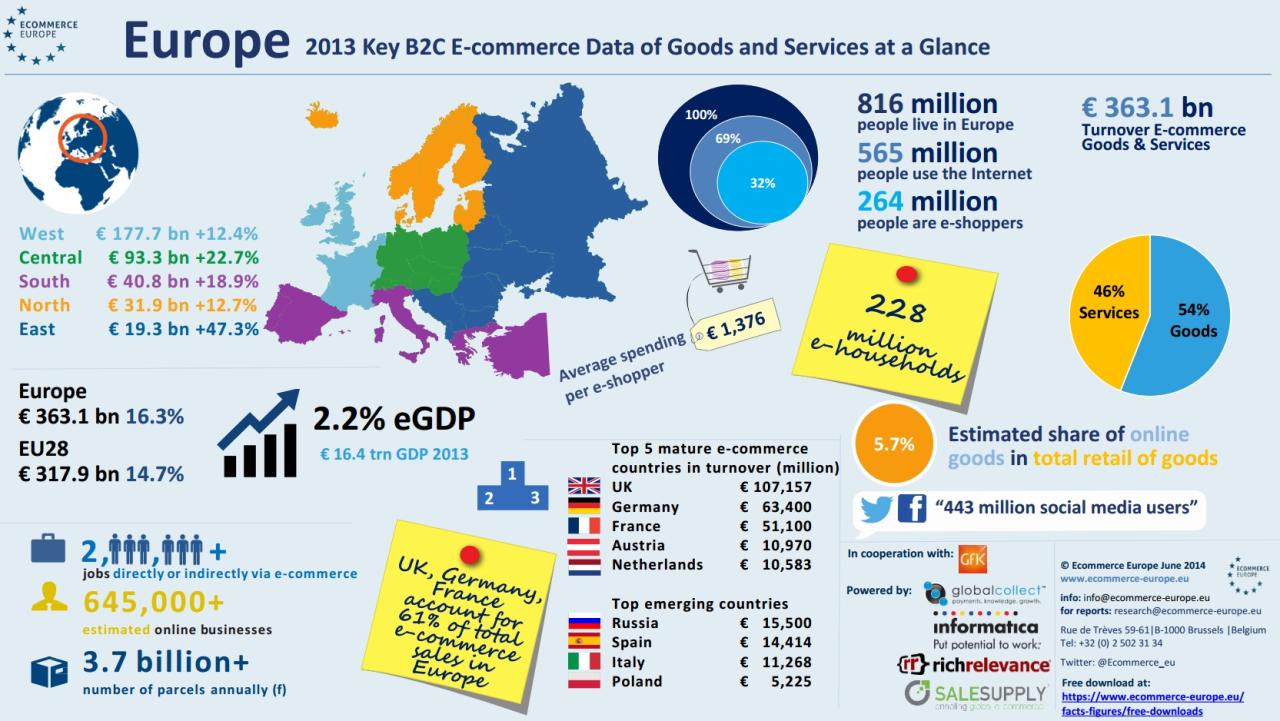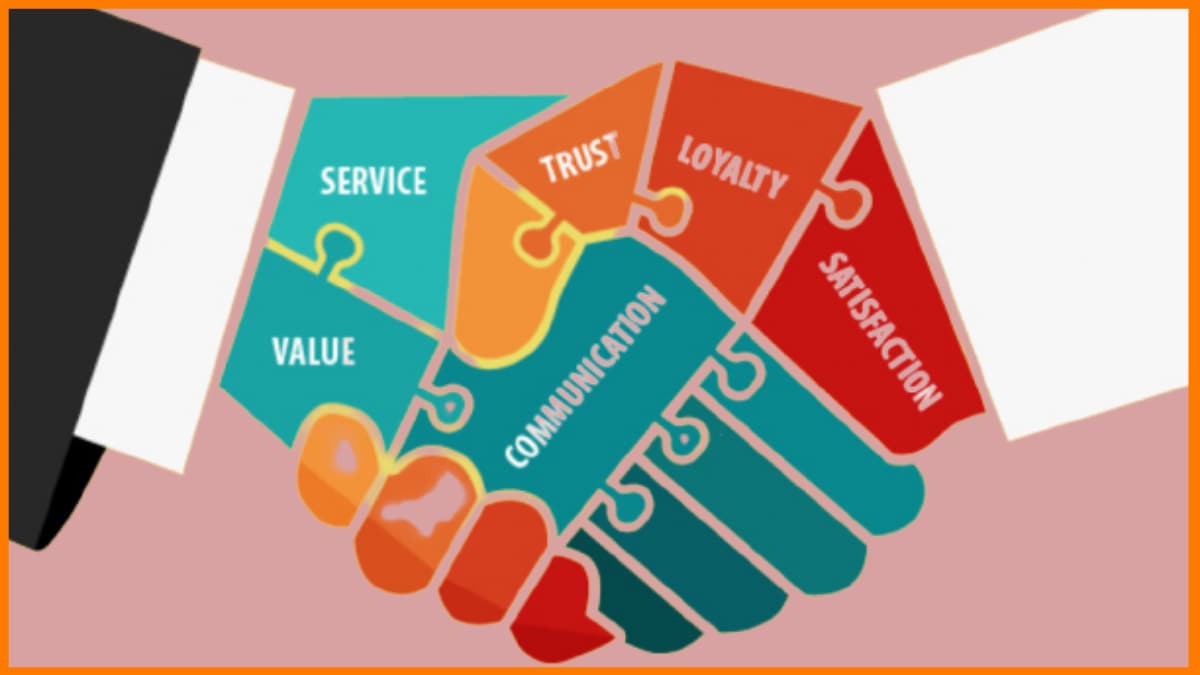How Ecommerce Is Reshaping Daily Life Around the Globe sets the stage for this enthralling narrative, offering readers a glimpse into a story that is rich in detail and brimming with originality from the outset. From changing daily routines to influencing consumer behavior, the impact of ecommerce is truly transformative.
As we delve deeper into the global reach of ecommerce, exploring how it connects people worldwide and its influence on cultural exchange, a new world of possibilities unfolds. The rise of job opportunities and the shift towards sustainable practices further highlight the dynamic nature of this digital revolution.
How Ecommerce Impacts Daily Life
Ecommerce has significantly transformed daily life by offering unparalleled convenience and accessibility to a wide range of products and services. This shift towards online shopping has revolutionized daily routines, consumer behaviors, and transaction methods.
Convenience of Online Shopping
Shopping online has redefined convenience, allowing consumers to browse and purchase products from the comfort of their homes. This accessibility has led to a significant reduction in the time and effort required for traditional in-store shopping, enabling individuals to efficiently manage their daily schedules.
Variety of Products Available Online
The vast array of products available online has influenced consumer behavior by providing an extensive selection that caters to diverse preferences and needs. This abundance of choices has empowered consumers to make informed decisions and explore new products that may not be readily available in local stores.
Shift Towards Digital Payments
The increasing popularity of digital payments in ecommerce has streamlined daily transactions, offering a secure and efficient way to make purchases. This transition from cash transactions to digital payments has not only enhanced convenience but also minimized the need for physical currency, reflecting a digital era in modern daily life.
Global Reach of Ecommerce
The rise of ecommerce has revolutionized the way people shop and interact with businesses worldwide. Online marketplaces have connected individuals from different corners of the globe, breaking down geographical barriers and creating a truly global marketplace.
Accessibility of International Products
Ecommerce platforms offer consumers the ability to access a wide range of products from around the world with just a few clicks. This accessibility has not only expanded consumer choices but has also facilitated cultural exchange by allowing individuals to purchase goods from different countries.
This has led to a greater appreciation and understanding of diverse cultures, as consumers can experience products that were previously unavailable in their local markets.
Challenges and Benefits of Cross-Border Ecommerce
Cross-border ecommerce comes with its own set of challenges and benefits for consumers. While it provides access to a broader range of products and potentially lower prices, consumers may face issues such as longer shipping times, customs duties, and language barriers.
However, the benefits often outweigh the challenges, as consumers can discover unique products, support small businesses in other countries, and enjoy a more diverse shopping experience.
Ecommerce and Job Opportunities
Ecommerce has revolutionized the job market by creating a plethora of new opportunities across various sectors. The rise of online freelancing platforms has also significantly impacted traditional work structures, offering flexibility and accessibility to a global pool of talent.
New Job Opportunities in Ecommerce
- Ecommerce Manager: Responsible for overseeing online sales strategies, marketing campaigns, and website optimization.
- Customer Service Representatives: Handling inquiries, complaints, and providing support to online customers.
- Logistics and Supply Chain Managers: Ensuring timely delivery of products and efficient inventory management.
Online Freelancing and Traditional Work Structures
- Freelancing platforms like Upwork and Fiverr have allowed individuals to offer their skills and services globally, breaking traditional geographical barriers.
- This shift towards freelancing has enabled professionals to work remotely, choose their projects, and have more control over their schedules.
- Traditional work structures are evolving as companies increasingly hire freelancers for specific projects, reducing overhead costs and expanding their talent pool.
Skills Required in the Ecommerce Industry
- Digital Marketing Skills: Proficiency in , SEM, and social media marketing is crucial for promoting products online.
- Data Analysis: Understanding customer behavior, sales trends, and website performance metrics is essential for making informed business decisions.
- E-commerce Platforms: Familiarity with platforms like Shopify, WooCommerce, or Magento is necessary for managing online stores effectively.
Ecommerce and Sustainability

Ecommerce has revolutionized the way we shop, but it has also raised concerns about its impact on the environment. One of the key areas where ecommerce can be more sustainable is in terms of packaging and shipping.
Environmental Impact of Packaging and Shipping
- Ecommerce often results in excessive packaging, leading to more waste ending up in landfills.
- Shipping products individually can increase carbon emissions due to multiple delivery trips.
- Plastic packaging, bubble wrap, and styrofoam used in ecommerce packaging can be harmful to the environment.
Initiatives for Eco-Friendly Practices
- Some ecommerce companies are switching to biodegradable or recyclable packaging materials to reduce waste.
- Implementing more efficient shipping methods, such as consolidating orders or using greener delivery options, helps reduce carbon footprint.
- Offering incentives for customers to choose eco-friendly packaging options, like opting out of unnecessary packaging materials.
Consumer Awareness and Preferences
- Consumers are increasingly becoming more conscious of the environmental impact of their shopping habits.
- Many shoppers prefer to support ecommerce companies that prioritize sustainability and eco-friendly practices.
- Educating consumers about the importance of choosing sustainable options can lead to a shift towards more eco-friendly ecommerce practices.
Closing Notes
In conclusion, How Ecommerce Is Reshaping Daily Life Around the Globe showcases the far-reaching effects of this digital phenomenon. As we witness the evolution of consumer habits, job markets, and environmental consciousness, it's clear that ecommerce is not just changing lives but shaping the future.
FAQ Compilation
How has ecommerce influenced consumer behavior?
Ecommerce has expanded product choices and convenience, leading to changes in consumer preferences and shopping habits.
What are the challenges of cross-border ecommerce for consumers?
Challenges include shipping costs, customs regulations, and currency exchange rates that can impact the overall buying experience.
How has ecommerce contributed to job creation?
Ecommerce has opened up opportunities in sectors like logistics, digital marketing, and online customer service, creating a new landscape for employment.
What initiatives are ecommerce companies taking to promote sustainability?
Ecommerce companies are focusing on reducing packaging waste, optimizing transportation routes, and promoting eco-friendly product options to enhance sustainability.




